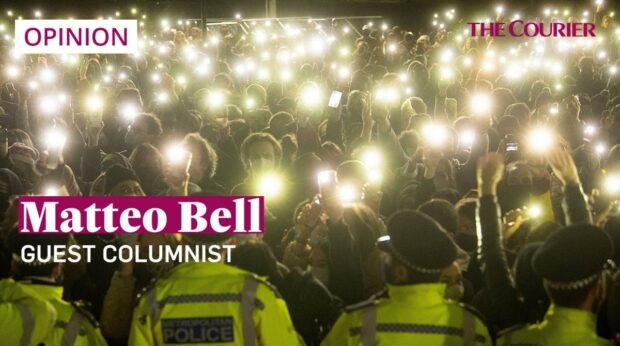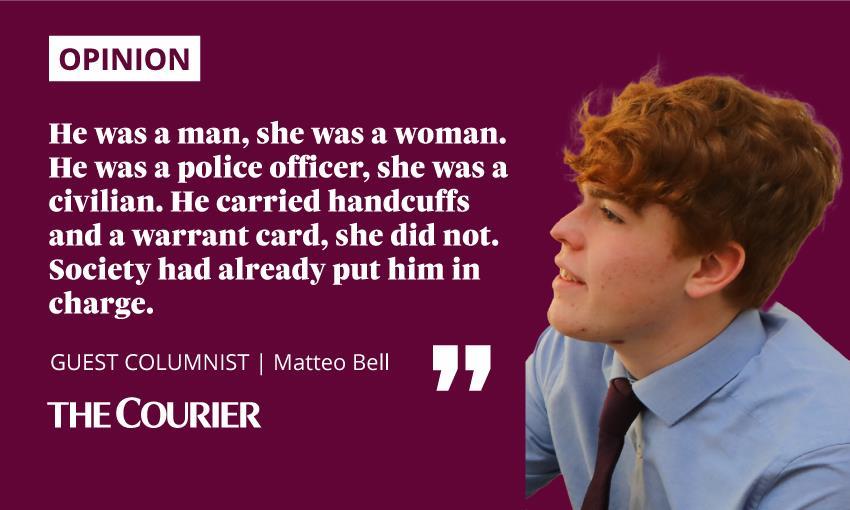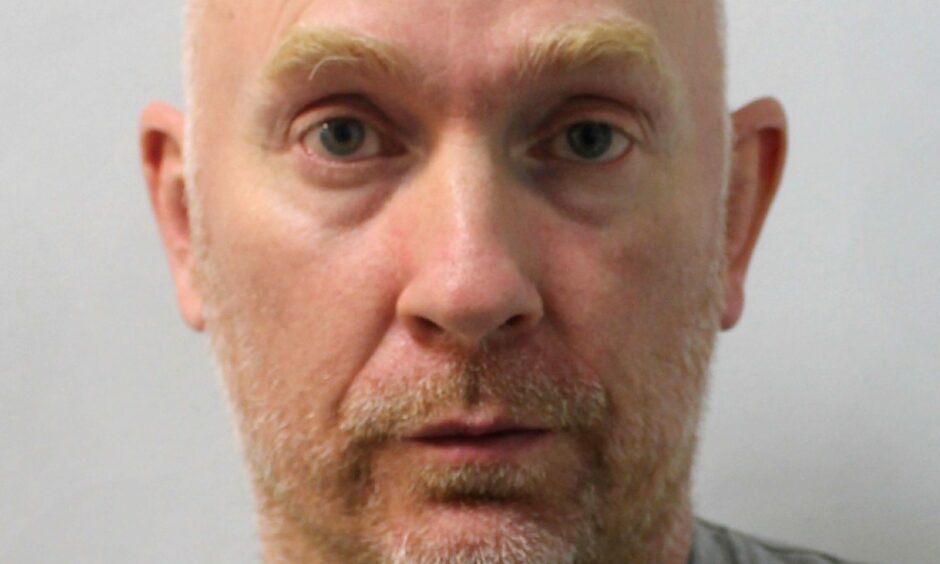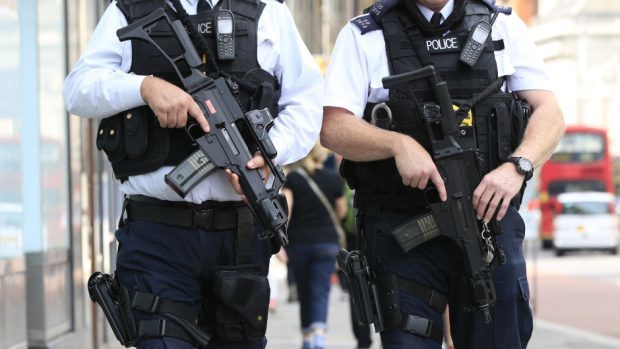In the wake of the murder of Sarah Everard and the sentencing of her killer Wayne Couzens, tough questions are rightfully being asked of police forces across the UK.
We’re all already aware of the story, but I’ll recap for clarity.
Couzens, a Metropolitan Police officer (who just so happened to have three allegations of indecent exposure ranging as far back as 2015), used his position as a police officer to kidnap, rape and murder 33-year-old marketing executive Sarah.
And there’s no need to mince words here, the truth about what happened is clear – it was his position as a police officer which allowed him to commit this heinous crime with such ease.
Despite this, the higher-ups of British policing have been quick to point fingers at Sarah and others like her for what happened.
Women have already been told that they “need to be streetwise about when they can be arrested for” and “learn a bit about that legal process” in some disgustingly patronising comments from North Yorkshire police commissioner Philip Allott.
I would like to wholeheartedly apologise for my comments on BBC radio York earlier today, which I realise have been insensitive and wish to retract them in full.
— Philip Allott (@philAllottPFCC) October 1, 2021
And others claim Couzens’ actions are the result of him being a “bad apple” who “betrayed” what policing stands for.
Power and prejudice
However, to anyone looking closely, what happened was a lot more than just that.
Sarah Everard died because Wayne Couzens was given every advantage over her.
He was a man, she was a woman.
He was a police officer, she was a civilian.
He had handcuffs and a warrant card, she did not.
Society had already put him in charge.
And, unfortunately, there are some who want to give people like Couzens a further advantage.
Armed police proposal sparked backlash
There was uproar last month when a survey showed more than half of Scots cops wanted to carry handguns on the job.
The study, which was brought forward by the Scottish Police Federation, showed 53% would like to be given a handgun, with 60% wishing for some kind of firearms training.
These results sparked a number of think-pieces and opinion polls which weighed up the significance of granting every Scottish beat cop their own personal firearm.
That’s a firearm that would grant them the power of life and death over anyone they came in to contact with.
In the middle class, it’s easy to imagine we’d never be on the wrong end.
Most of our interactions with the police are positive.
We are rarely on the receiving end of police aggression.
But for those who are poorer, younger and less advantaged, this judge-jury-and-executioner concept is more troubling.
And for people of colour, women and anyone else who is not at the top of the male-imposed societal hierarchy, well, those concerns multiply.
The notion of routinely arming officers was pushed back by Police Scotland – but I’m sure the debate will raise its head again.
What should we do?
Now, I know how this article might read and I don’t want to give the wrong impression.
Couzens was a bad apple. Not necessarily a solitary one but neither is he representative of police officers in general.
I don’t think every single UK cop is a violent psychopath just waiting for their chance to kill with impunity.
I don’t think officers should have their power stripped away, rendering them unable to do their jobs.
And I don’t think individual officers should feel guilty about what they do at present.
But I do think we, the wider public, need to consider very carefully the level of power and control we give those whose job it is to protect us.
We need to realise that by arming police officers we give every cop with a bias against women, people of colour, the LGBT community or any marginalised group another way to exert power over them.
And, more importantly, we have work to do to ensure police forces everywhere do everything possible to prevent another sickening abuse of power from someone like Wayne Couzens.
Matteo Bell is a live news reporter at the Courier and Evening Telegraph.



